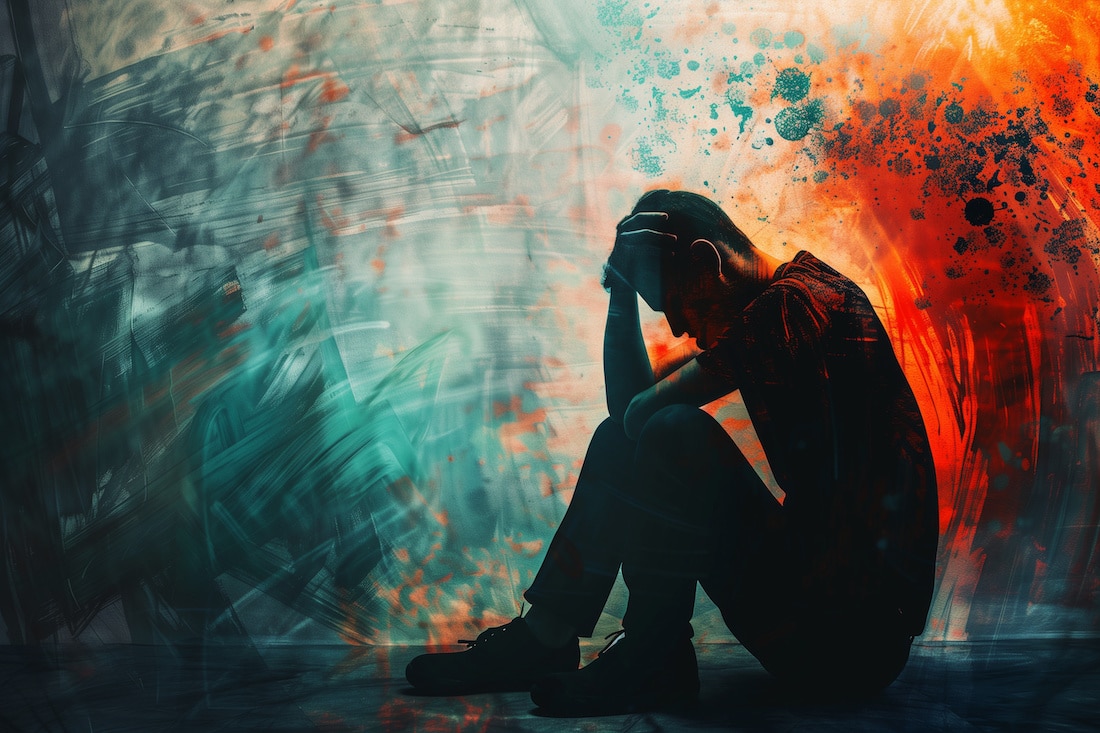 Borderline personality disorder (BPD) is a serious mental disorder characterized by patterns of ongoing instability in behavior, mood and self-image. Those who have BPD experience intense mood swings and difficulty in relationships. They may be extremely impulsive, and their emotions may be so volatile and all-consuming that they have suicidal tendencies, or they may self-harm.
Borderline personality disorder (BPD) is a serious mental disorder characterized by patterns of ongoing instability in behavior, mood and self-image. Those who have BPD experience intense mood swings and difficulty in relationships. They may be extremely impulsive, and their emotions may be so volatile and all-consuming that they have suicidal tendencies, or they may self-harm.
People with BPD try to cope with these intense emotions in a variety of ways. Many turn to mind-altering substances such as alcohol in an effort to self-medicate. A person who has symptoms of BPD but hasn’t been correctly diagnosed may drink so heavily in an effort to numb their emotions that others may believe the real problem is alcoholism.
For More Information About Our BPD and Alcoholism Treatment Programs
Call Us At: (310) 455-5258
Signs of Alcoholism
Compulsive alcohol use can mask other underlying challenges that the individual is facing, such as undiagnosed BPD or other forms of mental illness. Since episodes of drunkenness can create plenty of drama and difficulties, friends and acquaintances might believe that if the individual stopped drinking, everything would fall into place.
It’s easy to understand why it can seem like drinking is the main problem when a person drinks heavily on a daily or frequent basis. Signs that may indicate a problem with alcoholism include:
- Choosing drinking over other responsibilities
- Making excuses about the amount being consumed
- Trying to hide from others how much they are drinking
- Experiencing blackouts or temporary memory loss
- Isolating from others, particularly any friends or loved ones who object to drinking behavior
- Neglecting personal hygiene or appearance
Alcoholism Intensifies Depression
Even without the effect of alcohol or any other mind-altering chemicals, a person with BPD experiences extremely intense emotions. Sadness can quickly progress to crippling despair, and this is true whether or not a person with BPD intensifies their emotions by drinking.
Alcohol is a depressant, which means feelings of unhappiness and hopelessness become even more all-consuming under the influence of this substance. If a person with BPD has been self-medicating with alcohol to escape unpleasant feelings over the course of several months or years, it may seem that alcoholism is the cause of out-of-control emotions such as sobbing uncontrollably.
Intensifying Other Negative Emotions
An individual who is struggling with alcoholism often acts in ways under the influence that they wouldn’t if they were sober. Anger and rage can become extremely strong when a person is drunk, and the effects of alcohol can provoke dramatic outbursts or episodes of violence.
If a person with BPD drinks habitually and also exhibits out-of-control rage, aggression or violence, the obvious problem may seem to be the alcohol. While alcohol intensifies already strong emotions, in the case of a person with BPD, mood swings and rage are likely to happen whether or not they drink. If they are drinking alcoholically, others may not have the opportunity to observe their behavior without the effects of alcohol.
Increasing Impulsivity
Impulsivity is one of the symptoms of BPD, and for a person with BPD, alcohol can make an already impulsive individual even more impulsive. This means the individual is likely to go on spending sprees or participate in reckless driving, sexual promiscuity or binge eating.
Undiagnosed BPD can also intensify the compulsion to keep drinking. The more the person drinks, the more it may appear that alcohol is causing all the problems.
Symptoms of BPD Hidden by Alcohol
Symptoms of Borderline Personality Disorder can be difficult to detect behind the obvious effects of alcoholism. Intense and changeable moods, feelings of emptiness and boredom, unstable relationships and difficulty controlling anger are all signs of BPD that might be hidden behind episodes of compulsive drinking.
When a person exhibits any of the signs of either BPD or alcoholism, they should be evaluated by a mental health professional. It’s possible to bring symptoms of BPD and alcoholism, or a combination of both, under control. Getting the best treatment depends on obtaining an accurate diagnosis.
If you or a loved one are struggling with alcoholism or other mental health disorders like Borderline Personality Disorder, please call us at (310) 455-5258 or submit the form below to learn more about our treatment programs in Los Angeles.



